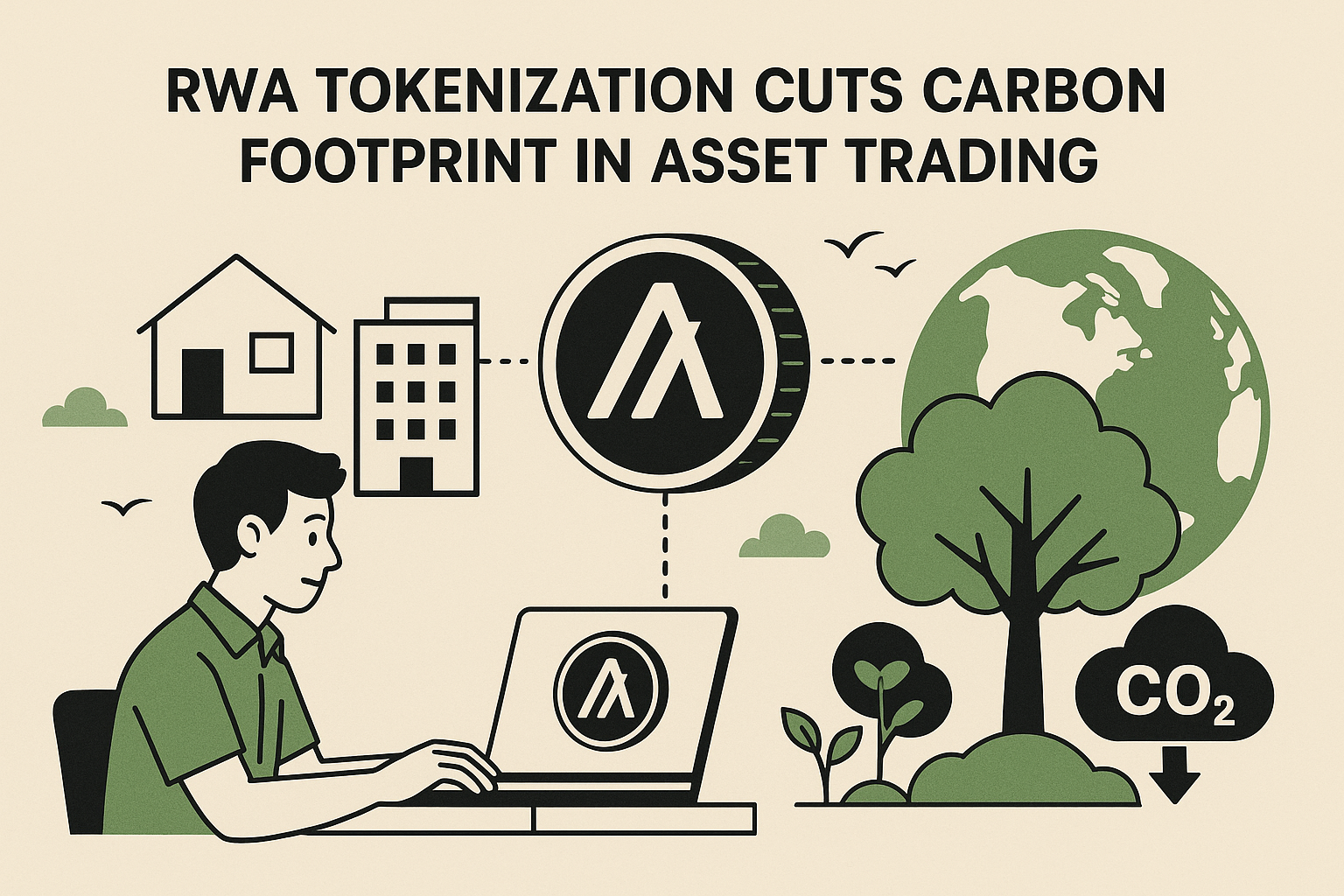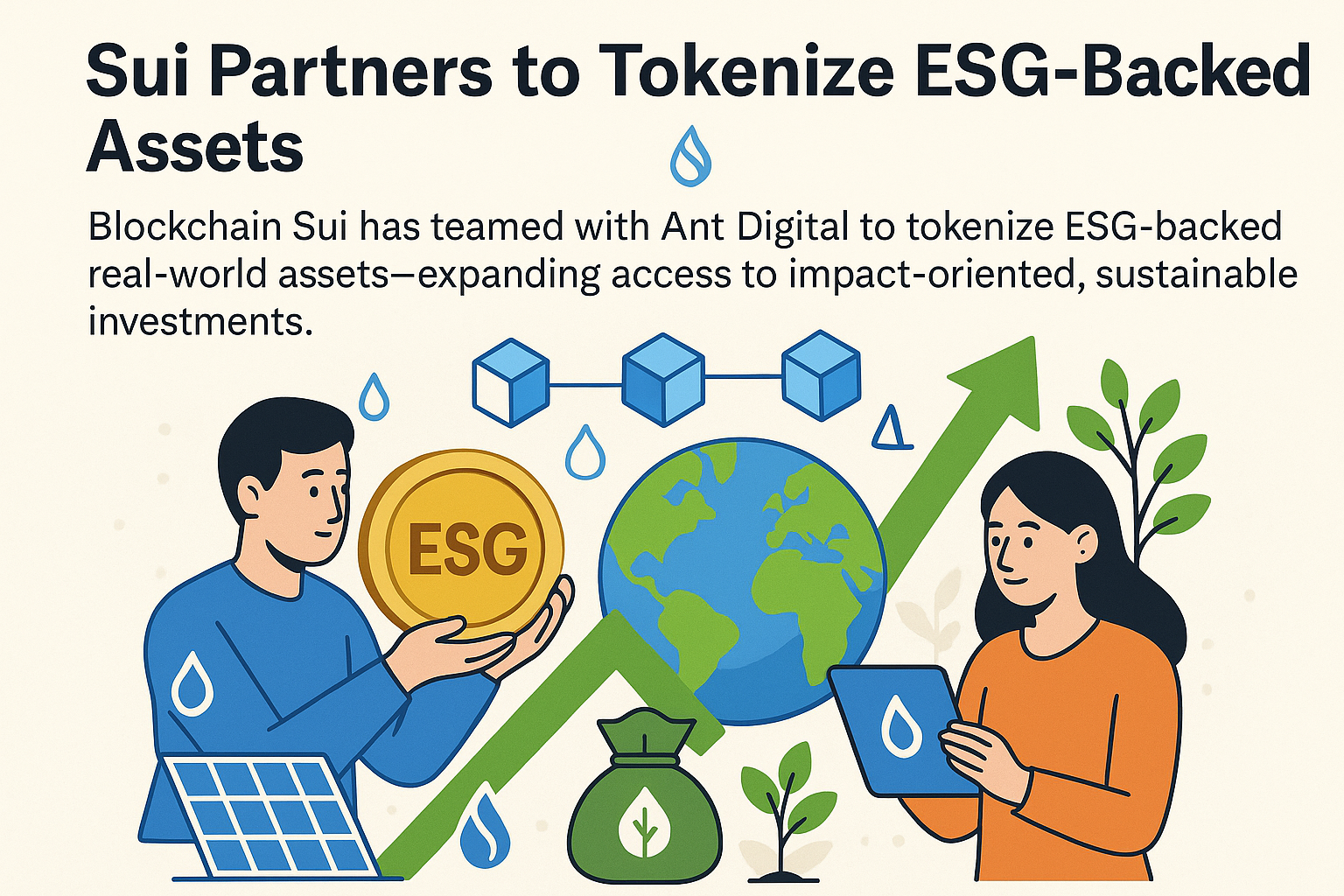In the age of climate urgency, the financial industry is rethinking its impact—and a surprising ally has emerged in the form of blockchain. Specifically, Real-World Asset (RWA) tokenization is gaining traction not only for its efficiency and transparency, but also for its ability to dramatically reduce the carbon footprint of asset trading.
The Environmental Cost of Traditional Asset Management
Managing physical assets—whether it’s real estate, commodities, or tangible securities—requires immense infrastructure. Warehousing, documentation, cross-border legal oversight, regulatory compliance, and physical transfer logistics contribute heavily to greenhouse gas emissions. From energy-hungry servers and flights for in-person inspections to the carbon cost of printing, storage, and human bureaucracy, it’s a system ripe for disruption.
A Digital Shift: What Is RWA Tokenization?
RWA tokenization refers to the process of representing tangible, real-world assets as digital tokens on a blockchain. These tokens are not just symbols—they’re legally backed digital versions of real estate, art, bonds, or commodities. By turning ownership rights into blockchain-based tokens, investors can trade, fractionally own, and manage assets with almost no physical overhead.
Why It’s Greener by Design
According to analysts and blockchain researchers—including teams at Algorand and others—tokenizing real-world assets dramatically reduces the need for:
-
Physical asset transfer
-
Transportation and shipping logistics
-
Manual paperwork and administrative processing
-
Intermediary institutions consuming electricity and office resources
The result is a leaner, faster, and more environmentally conscious alternative to traditional asset trading.
Algorand, for instance, operates as a carbon-negative blockchain by offsetting more CO₂ than it emits, and provides a scalable foundation for green tokenization infrastructure. The environmental implications are massive—especially when scaled globally across real estate, supply chain finance, and commodity markets.
Efficiency Meets Climate Goals
Blockchain’s reputation has often been marred by the energy-guzzling legacy of early networks like Bitcoin. However, proof-of-stake networks, such as Algorand, have rewritten that narrative. They offer fast, secure, and eco-efficient operations that make RWA tokenization a key player in both financial modernization and carbon reduction.
From Greenwashing to Green Results
Tokenizing real-world assets isn’t just a blockchain buzzword anymore. It represents a strategic evolution for investors, asset managers, and environmental stewards alike. By cutting down the physical drag of asset trading, RWA tokenization creates a win-win: stronger financial inclusion, and a lighter footprint on our planet.
As the financial world edges closer to a green transformation, expect real-world asset tokenization to be a core pillar of sustainable innovation—not in some distant future, but starting now.




